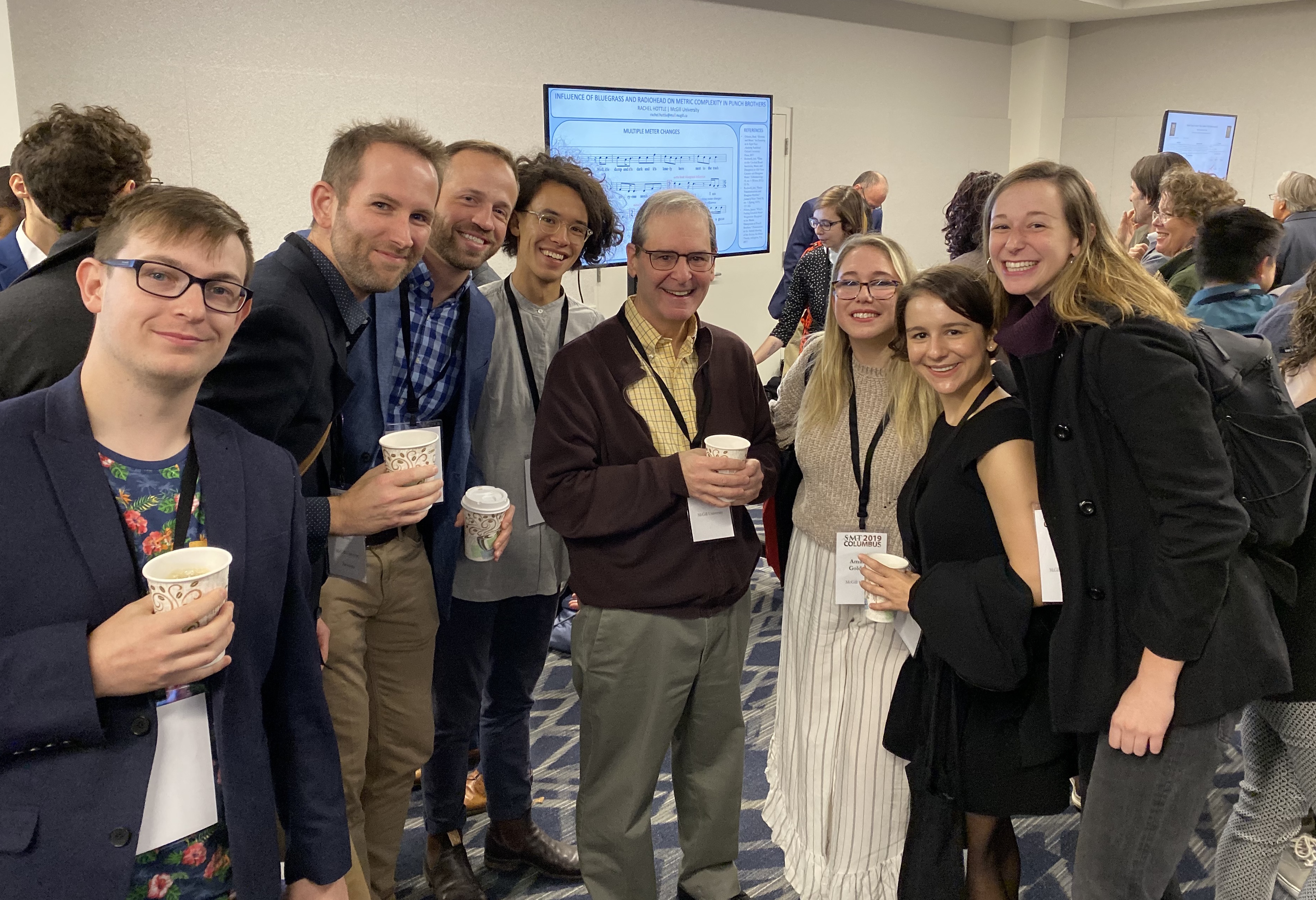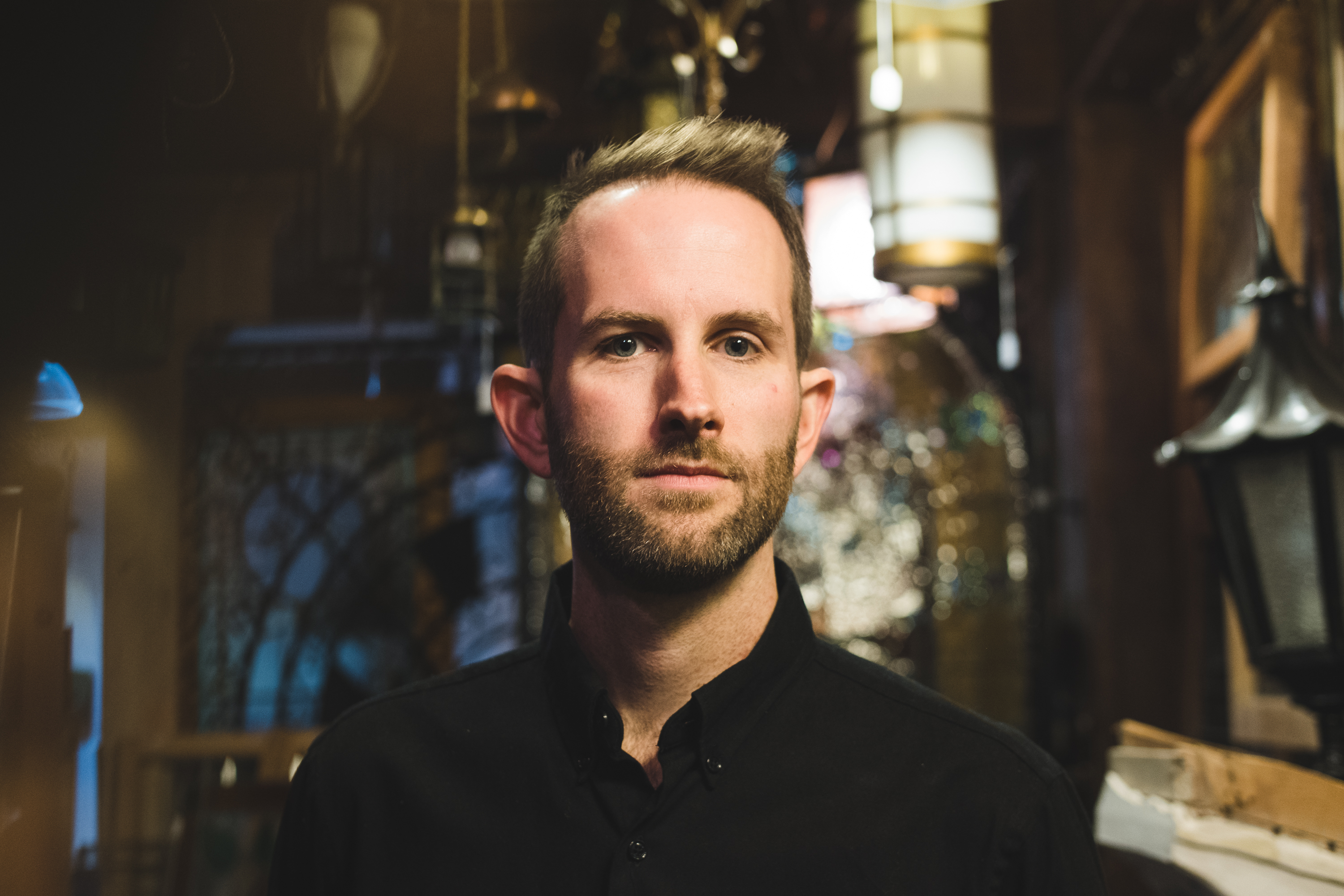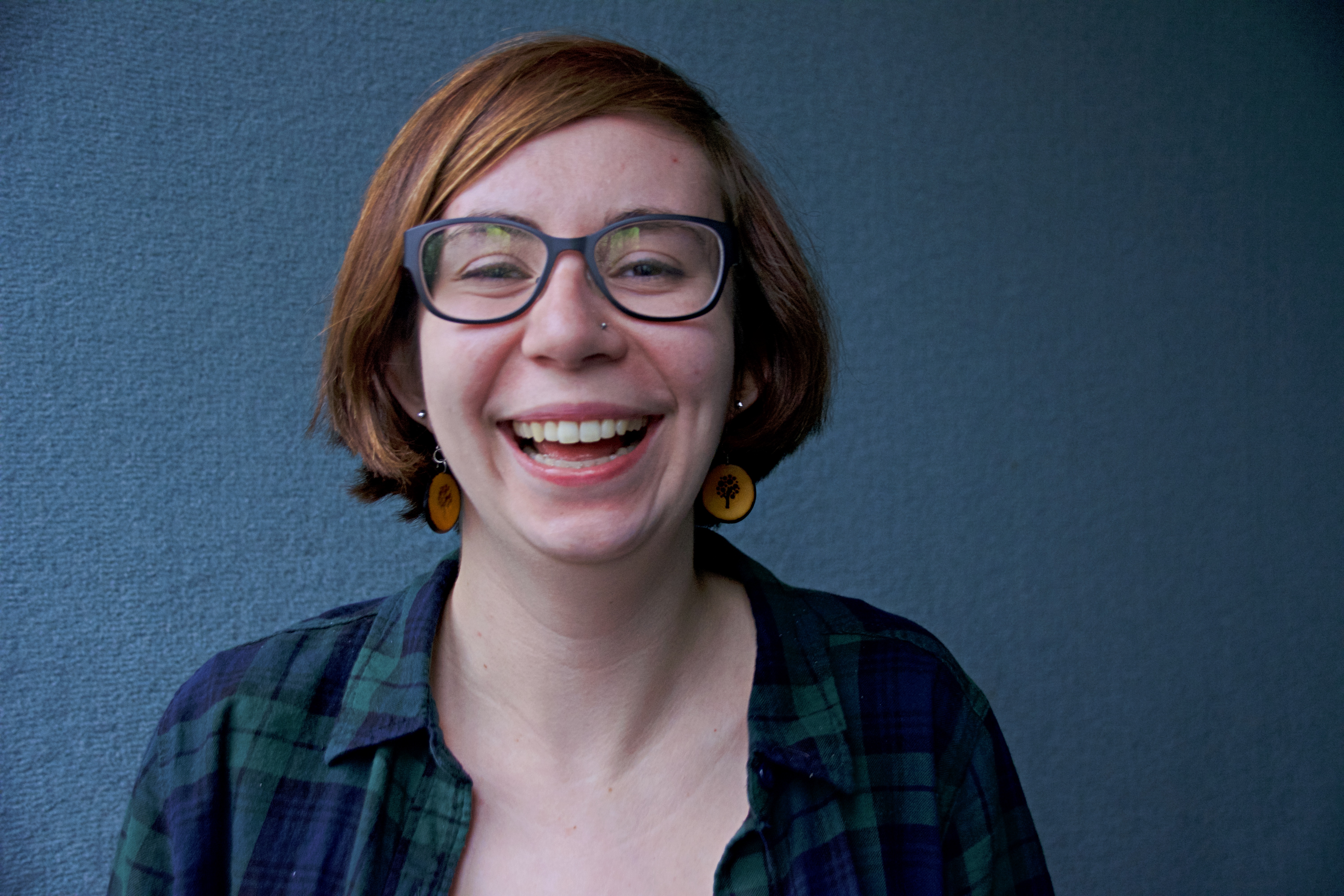The Music Theory department always has a large contingent representing McGill at the Society for Music Theory events, and this weekend's Annual Meeting in Columbus, Ohio was no exception. The work being presented covered an incredibly diverse range of topics – in this year’s case the research spanned several centuries; everything from Frescobaldi’s canzonas to hip-hop.
Theory Professors Nicole Biamonte and Edward Klorman presented a joint paper called Extended Final Phrases in Popular Songs. Professor Peter Schubert (who was awarded the Gail Boyd de Stwolinski Prize for Lifetime Achievement in Music Theory Teaching and Scholarship from the Journal of Music Theory Pedagogy this weekend) presented a ‘lightning talk’ at the Improvisation Interest Group meeting on the visual aspect of Renaissance vocal improvisation.
Professor Edward Klorman was awarded the Emerging Scholar Award (Book Category) from the Society for Music Theory in a ceremony on Saturday. You can find out more about Prof. Klorman's winning book, Mozart’s Music of Friends: Social Interplay in the Chamber Works, in this short video.
With award-winning mentors of this calibre, it comes as no surprise that eight graduate students and recent graduates were selected to present their work this year:
James Donaldson
Living Toys in Adès's Living Toys: Transforming the Post-Tonal Topic
Ben Duinker
Segmentation and Phrasing in Hip-Hop Flow
Rachel Hottle
Influence of Bluegrass and Radiohead on Metric Complexity in Punch Brothers
Samuel Howes
Harmonic Syntax in the Canzonas of Frescobaldi
Landon Morrison
Encoding Post-Spectral Thought: Kaija Saariaho’s Early Electronic Works at IRCAM, 1982–87
Thomas William Posen
Double-Tonic Complexes as Bistable Phenomena in Gershwin
Jeremy Tatar
Metric Transformations in Hip-Hop and R&B Sampling Practice
Laurence Sinclair Willis
Formal Interplay in Ternary Piano Works by Johannes Brahms
This photo from the event includes some of the Schulich attendees, left-right: Laurence Willis (PhD), Benjamin Duinker (PhD), Thomas Posen (PhD), Jeremy Tatar (PhD), Professor William Caplin, Amanda Goldstein (MA), Lara Balikci (MA), Lindsay Rader (MA), and Rachel Hottle (MA) in the background presenting her research poster:

The thriving graduate program at Schulich has many opportunities for theory students to hone their craft. A theory club has been formed for students to share ideas and get constructive feedback, and a regular meeting for students in the midst of writing their dissertations give students another way to build community. They are mentored through the process of turning class papers into conference proposals, and fine-tuning proposals and applications, and the large number of students being accepted at conferences is a testament to this rich research environment.
Read more about the SMT Annual Meeting
We asked some of the students who presented at the SMT Annual Meeting in Ohio to talk about their research experiences at Schulich:
Landon Morrison
Recent PhD graduate, currently a teaching fellow at Harvard University
"My research branches out from music theory into other disciplines, as is reflected by my choice of two advisors: Robert Hasegawa (theory) and Jonathan Sterne (media studies). I've found the theory department at McGill to be very open-minded and receptive to the idea of working across disciplinary divides. There is no official degree option, but there are many well-worn inter-departmental pathways, and faculty seem happy to provide guidance and support for students looking to combine theoretical approaches with those from other fields. In my mind, this is a key quality that makes the Schulich School of Music a model for how to expand the traditional theory curriculum, making it more responsive to the diverse research interests of graduate students.
The music theory program at McGill has a deep bench of professors who are among the most widely recognized in the field, each having contributed greatly to their respective areas of expertise. Their ability to speak to an impressively broad range of research topics has been an enormous resource for me as a graduate student, helping me to become more knowledgeable and informed about how I want to craft my own research program."
Ben Duinker
Recent PhD graduate, and winner of the 2018-2019 Teaching Award in the TA/Graduate Instructor category

"The Schulich Music Theory Area not only has a diverse faculty with variegated research interests, but a remarkable spread of student-led research. Whenever I present my work in front of faculty members or fellow students, I'm confident I'll receive insightful comments and questions from those whose research areas are different from mine. This never fails to broaden my perspective on my own work."
Jeremy Tatar
PhD student, winner of the 2017-2018 International Grant Competition, Music Research category

"Something fantastic about studying at McGill is the wide range of research interests represented by faculty and student cohort alike. It is great knowing that there is always someone to talk about your ideas with, whether about Renaissance motets or 90s hip-hop or anything in between. Working at McGill emphasizes that no kinds of music are off-limits to study, and that you can always find the support you need."
Rachel Hottle
Master’s student, winner of the 2018-2019 International Grant Competition, Music Research category

"As a first year student last year, I was pretty terrified at the prospect of turning a seminar paper into a conference presentation, but the McGill theorists were so supportive every step of the way! I'm so grateful for the many professors and peers who helped edit my proposal, listened to my presentation, and helped boost my confidence in anticipation of the spring's conferences and also SMT."
James Donaldson
PhD Candidate
"Reading through each others' proposals for SMT as a group, alongside close support from faculty, has been invaluable. The diversity of topics represented by McGill reflects this."


